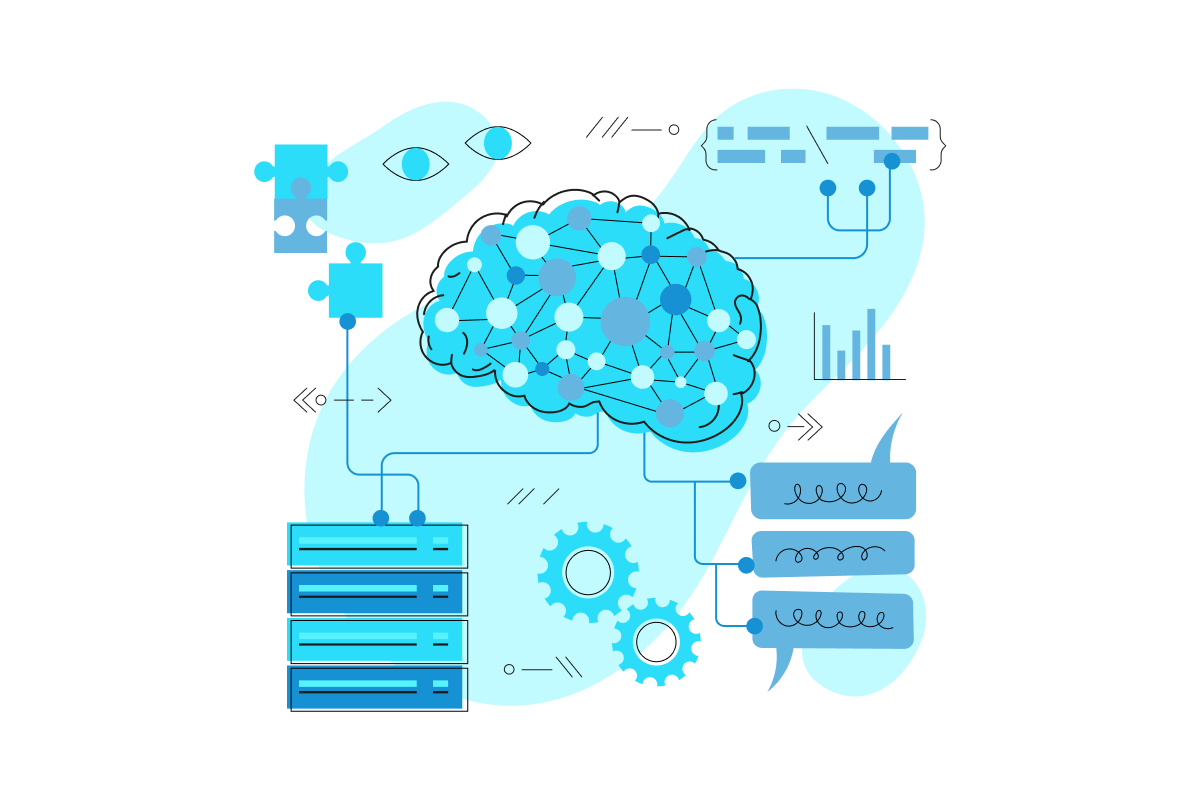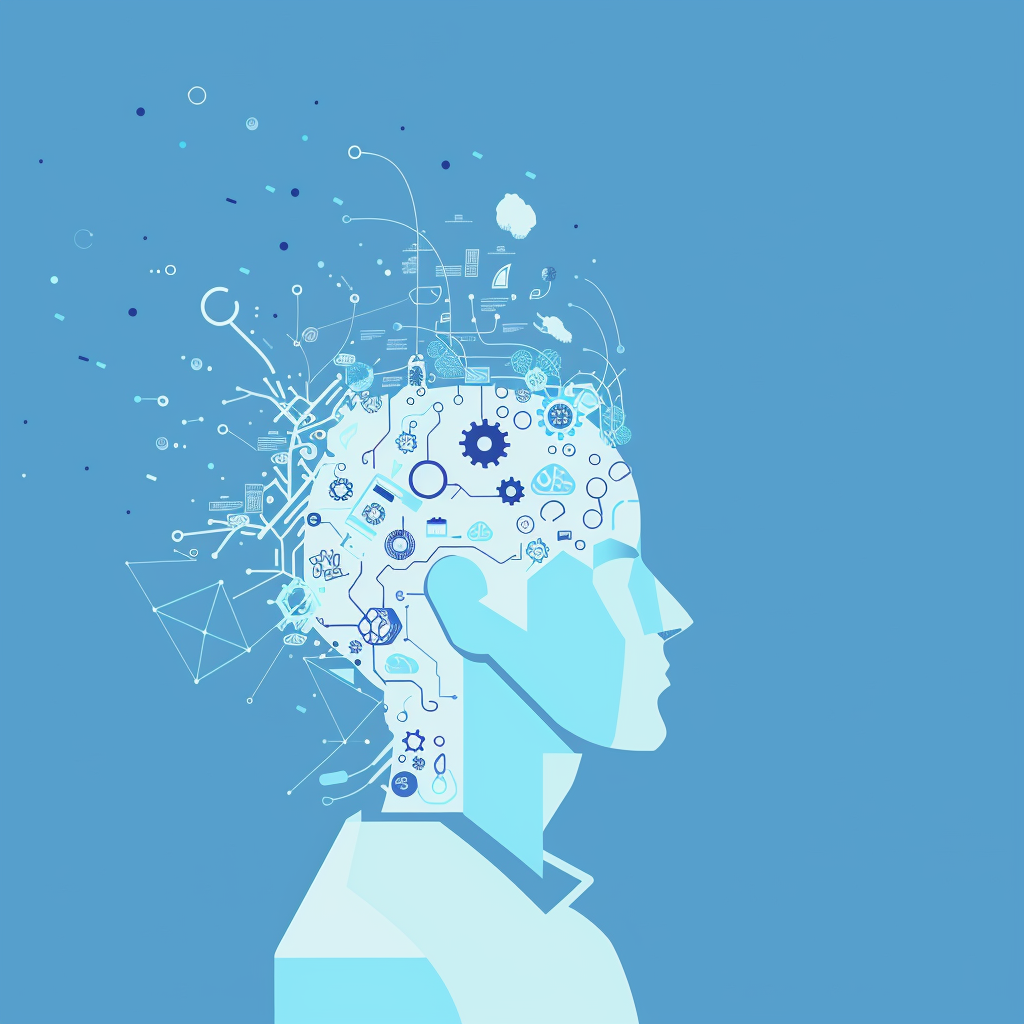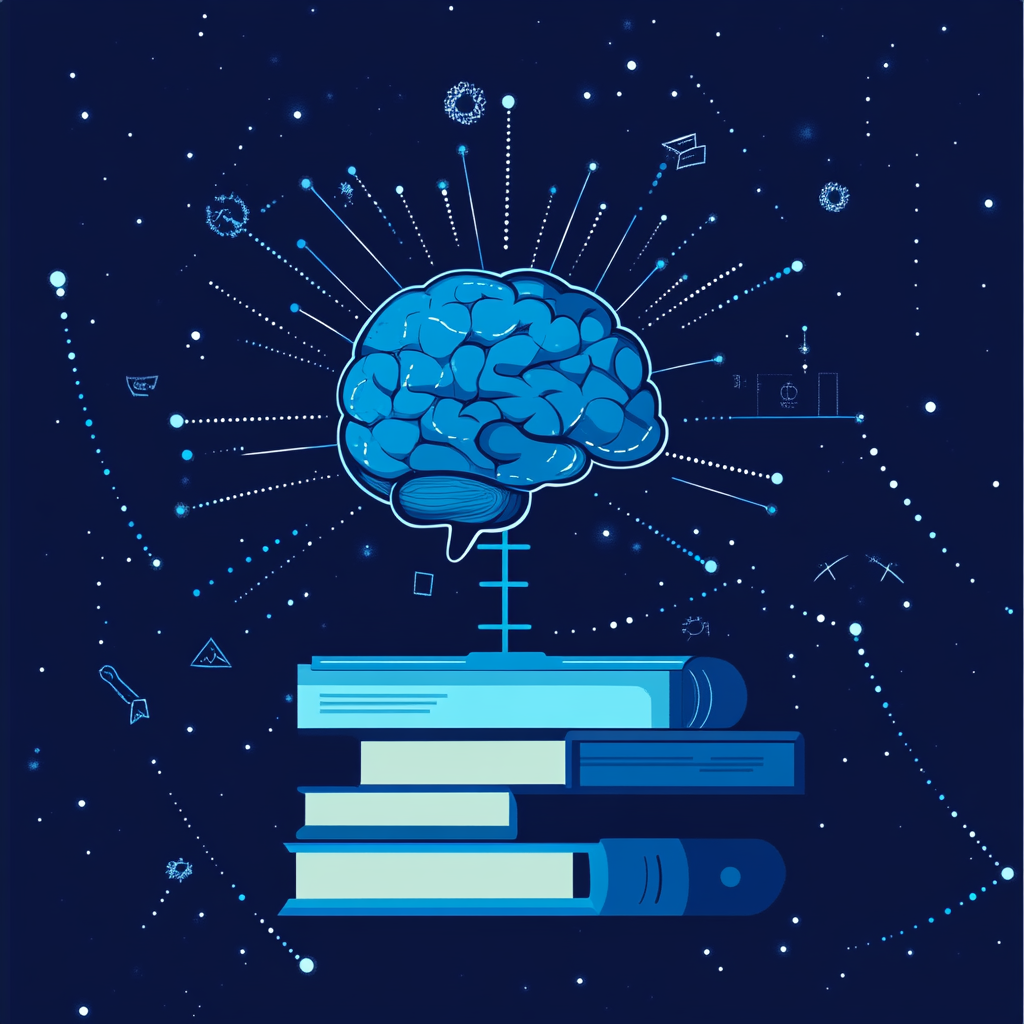Only a decade ago, it would have been hard to believe that machine learning and artificial intelligence would become commonplace in society. Voice assistants like Amazon Echo or Siri have introduced these technologies into our daily lives. AI is mainly used in education through tools that help improve skills and learning.
As AI solutions for education evolve, the hope is that AI will help bridge gaps in learning and teaching and improve employment in education by simplifying business management for schools and giving teachers the time and freedom to understand and harness human capabilities that machines cannot.
In this article, you will learn about the role and future of AI in education.
How AI Is Already Integrated Into Education
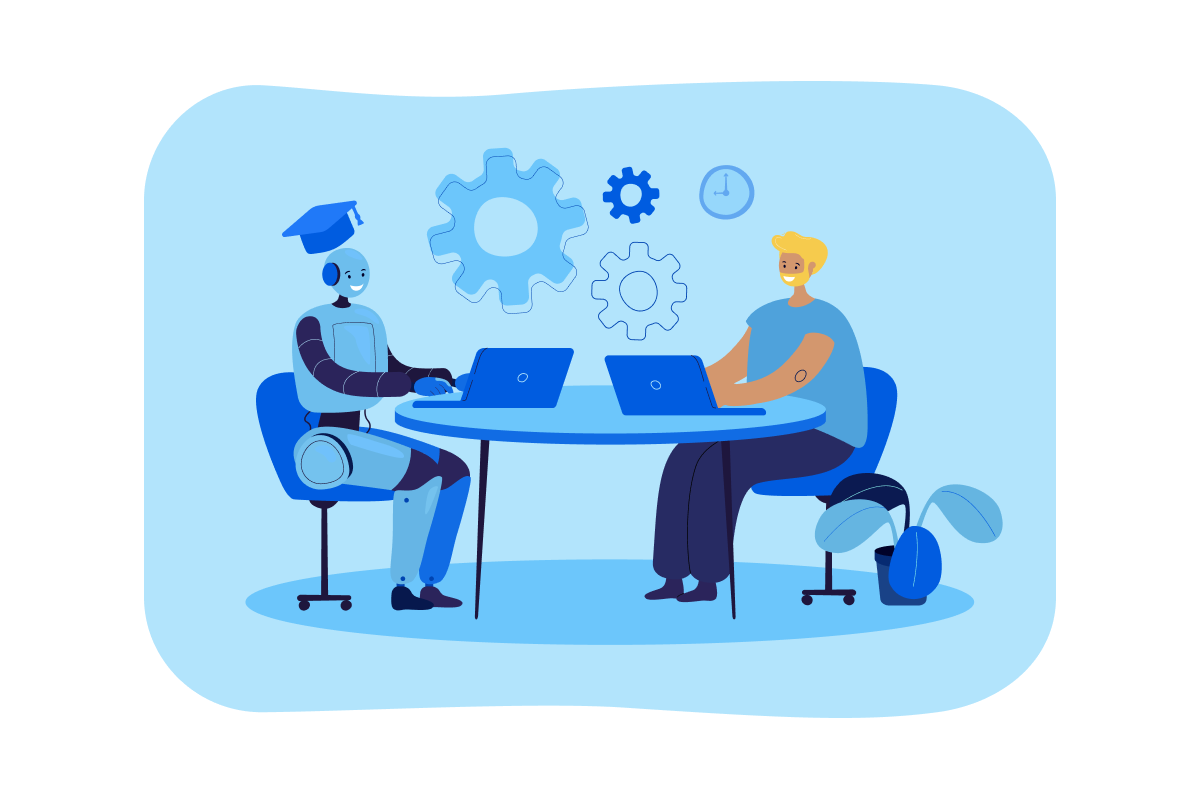
In the modern world, almost everybody is familiar with assistants and programs for adaptive learning. Artificial intelligence has made it possible for such applications to simplify technical tasks and personalize the learning process. The vision of EdTech AI is to harness the best behavior of both machines and teachers, allowing them to work together to achieve the best outcomes for students.
Schools, universities, and other training centers need to start seamlessly implementing AI software in EdTech and make students aware of the technology to use it properly.
The Role of Artificial Intelligence in Learning
EdTech AI is a broad concept. It covers any technology replicating human thinking and skills such as understanding complex information, drawing conclusions independently, and engaging in meaningful and coherent dialogue. Artificial intelligence can perceive much more information than a human. This means completing tasks much faster and more accurately.
Further, artificial intelligence can be used to facilitate a personalized approach and provide the curriculum that the student needs at the moment. Some educational software developers have begun to take advantage of the knowledge-based AI with EdTech features to create programs tailored to each student’s needs.
Positive Impact or Empowerment of Education
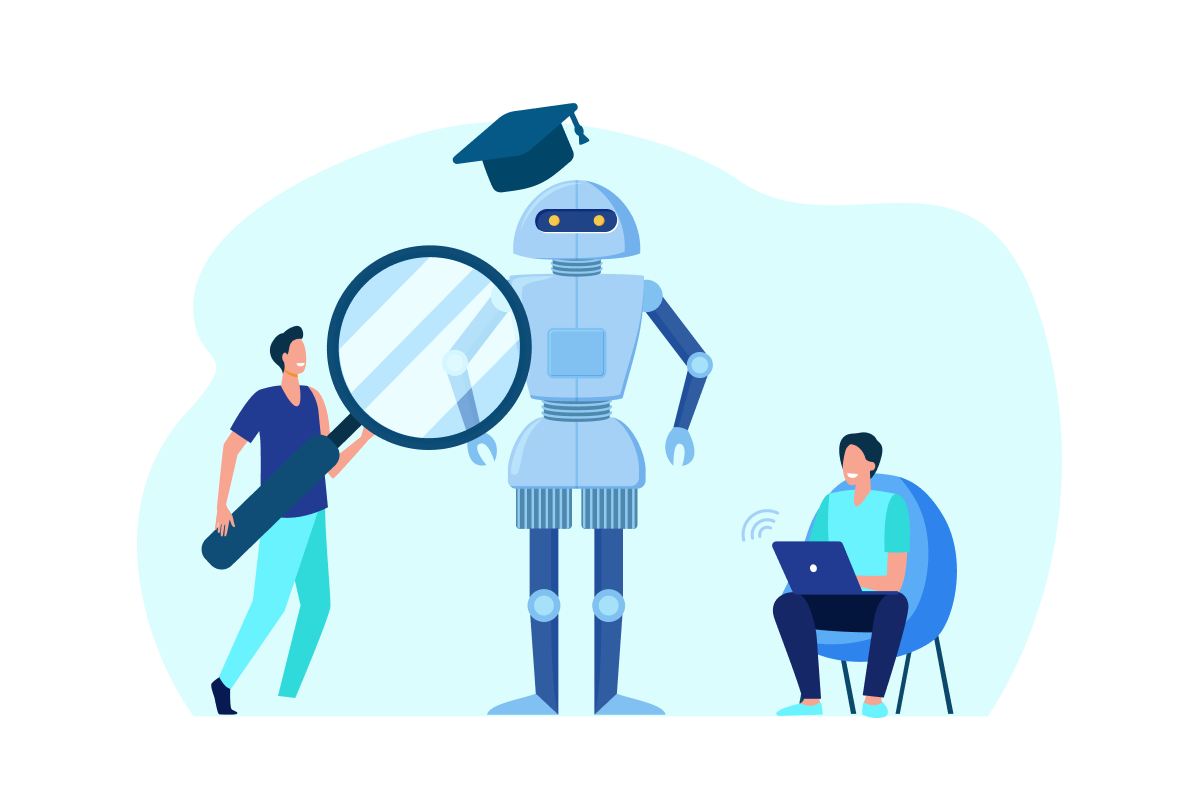
There are numerous benefits of AI in education. For example, AI can automatically review student assignments and grade them and help teachers keep records of learning progress, relieving teachers of these tasks so they will be able to work more efficiently and save time. Data analysis can help teachers improve curriculum and materials to meet student’s needs better and achieve the best outcomes.
Artificial intelligence can also help students learn. The ongoing advancements in AI are significantly impacting school management system development, enabling the creation of personalized learning programs that take into account the needs and abilities of each student. Such programs can help students acquire knowledge more efficiently and at their own pace. In addition, AI can provide students with access to more diverse and relevant sources of information, allowing them to receive complete and useful information for their learning.
Read about 9 EdTech Trends to Revolutionize Education in our article.
The Benefits of Artificial Intelligence in Education
In today’s world of education, AI digital platforms for EdTech can bring many benefits to teachers and students. Read more about all the strengths below.
Personalized Learning
AI can easily understand what students really want. The system responds to students based on their performance and behavior. They can then focus on specific topics and learning characteristics that students are not yet familiar with and improve their ability to use the information presented.
High Availability
Artificial Intelligence in EdTech helps create and develop tools that facilitate learning across multiple learning spaces. Accessibility is a must, especially for those with disabilities. Such students often struggle in academic environments when resources are limited. For example, voice communication does work for students who are deaf or hard of hearing.
Improve Interaction
EdTech AI startup can support the digitization of content and help students capture and retain learning materials. Digitizing documents, including manuscripts, makes information easier to retrieve and use.
Automation to Optimize Processes
Automation can streamline many processes. One such method is recording and transcribing video lectures, where students have access to text lectures that will later be used as teaching material.
Reduce Threats
The most important thing in learning is trial and error. However, misunderstanding or not knowing the answers to various questions may discourage students. AI allows students to react and experiment in an unbiased environment. AI teachers can also respond to students’ mistakes by offering solutions for improvement.
AI Tools in Education
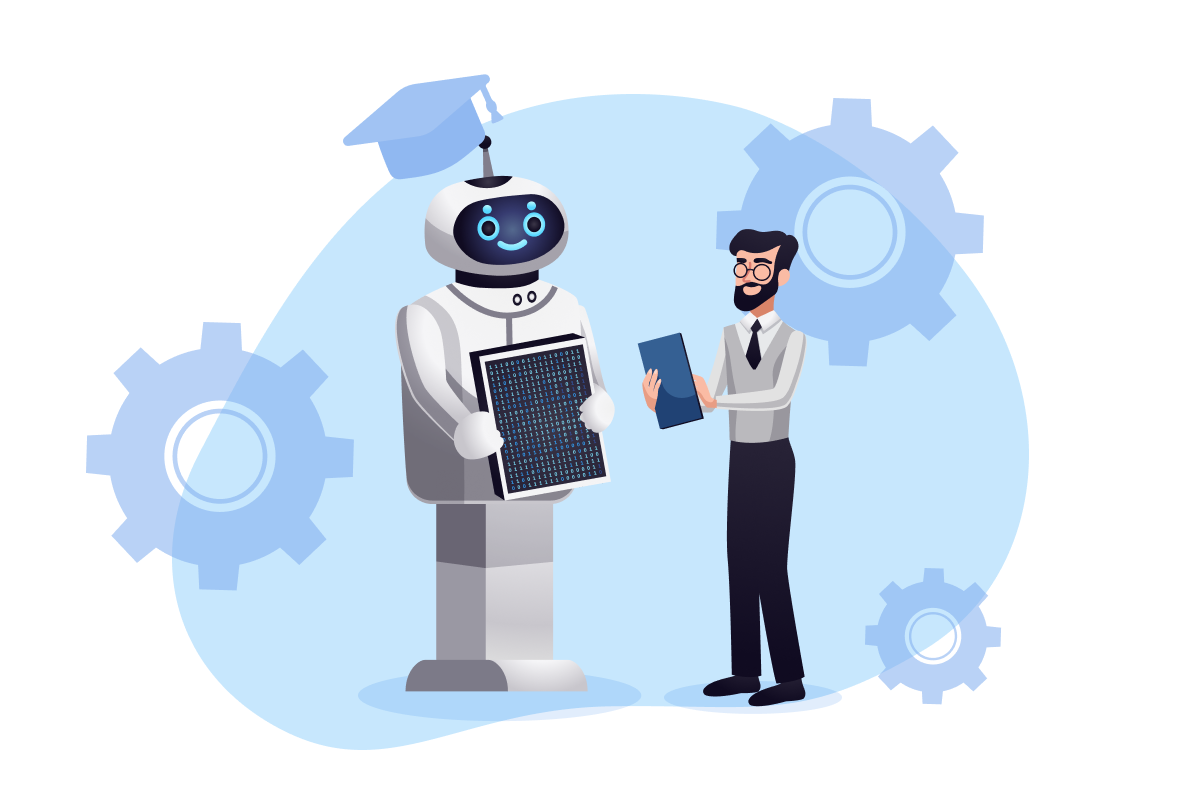
The education sector is at the forefront of AI, where technology is not only implemented but often faces frequent updates to make it even better for all involved. It is now a multi-billion dollar global market.
| Year | Educational Software Market Value (in billions USD) | Annual Growth (in millions USD) | Government Spending (in billions USD) | AI Adoption CAGR (%) |
|---|---|---|---|---|
| 2021 | $10.85 | $200 | $26 – $41 | 47 |
| 2025 | $11.6 | $200 | $26 – $41 | 47 |
Additionally, AI can create immersive virtual learning environments that will look like personalized plans for each student and much more. Many innovative AI EdTech companies are developing such tools to achieve these results.
Gradescope
A popular AI in the education sector is Gradescope: it gives students even more options and allows them to evaluate each other and provide feedback. This greatly simplifies assessment and also saves time and energy.
Main features of Gradescope:
- AI-powered assessment and verification;
- Grouping questions using artificial intelligence and manually;
- Improving efficiency and fairness;
- Extending time for students.
Now, thanks to such a convenient programming tool, teachers can focus on more important areas. Teachers most often use Gradescope to grade paper exams, as well as to check homework online, which has become especially relevant during the period of remote learning.
Fetchy
This is a unique generative AI EdTech startup platform. The application was specifically developed for teachers to help them fully realize their teaching potential. With the help of AI, many tasks can be optimized, including creating engaging lessons, newsletters, and professional emails. Using a range of capabilities, Fetchy allows educators to improve their teaching methods.
Program features:
- Create lesson plans;
- View history from multiple viewpoints;
- Use math or science experiments.
Fetchy has several specializations. The application works based on generated language according to the requirements of teachers. Taken together, all this makes the program very useful. As a result, teachers can receive a set of universal solutions and get the desired results in a modern educational program.
Ivy Chatbot
This is a range of tools combined with chatbots and EdTech artificial intelligence. The program was specifically designed for universities and colleges. Using this program, universities can control not only academic performance but also the recruitment and application processes based on collected data and the cost of training.
Key features of Ivy:
- Ability to integrate with Facebook, ERP, CRM, and SIS;
- Live chat with tips;
- The bot can develop and adapt as it interacts with users.
Thanks to this tool, EdTech and AI can provide applicants and students with important information that interests them, including information about student loans, scholarships, grants, and tuition fees. Such an AI tool can be used in different departments due to the ability to develop specialized chatbots for each of them.
Key Issues of AI in Education
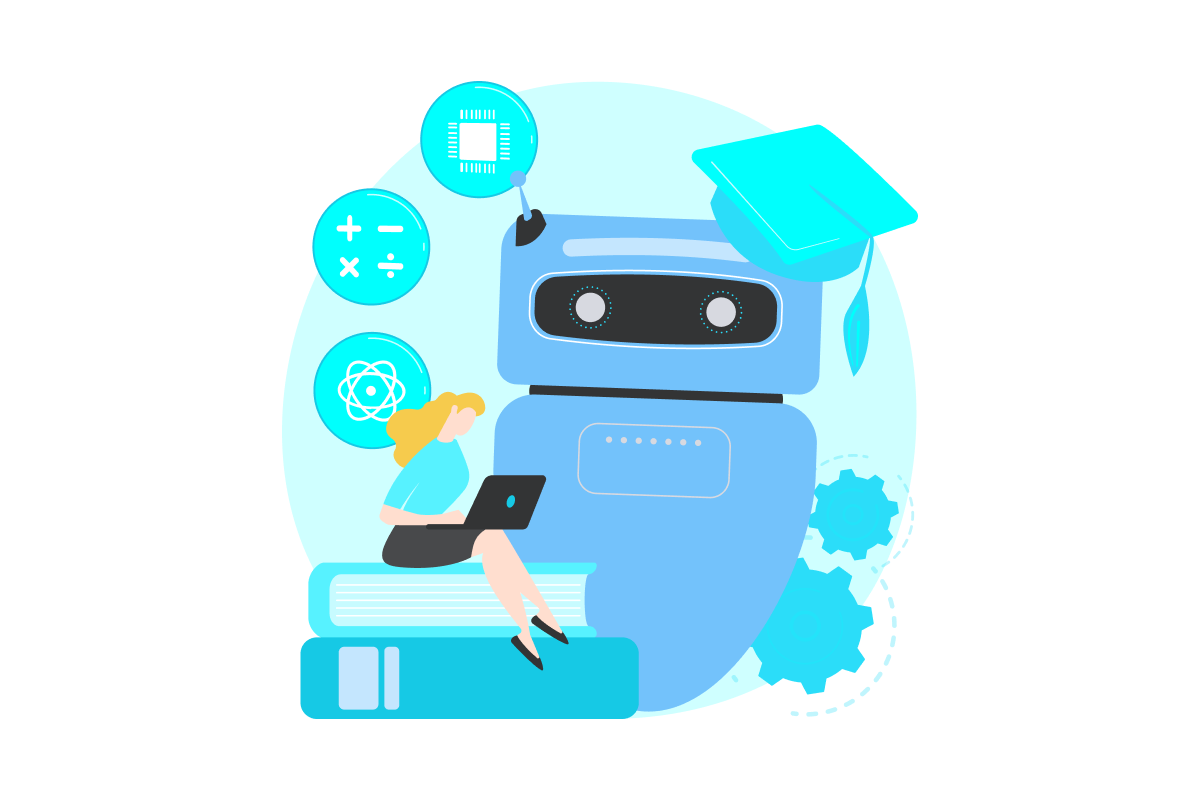
Despite its significant potential, artificial intelligence has its limitations. It works best when there is a vast virtual depository of examples from which it can generate information. Yet, in a high-risk industry like education, where professors cannot afford to make significant mistakes, it can be challenging to get many examples of what not to do.
Artificial intelligence must also use only the right data to reach the right conclusions. If inaccurate information suddenly gets into the total volume of data, the results will come out false. In fact, there is no such thing as unbiased information. Some algorithms can make it even more subjective.
Technology also raises concerns regarding the protection of personal data. It is worth caring not only about the quality and accuracy of information but also its responsible use. Developers of AI in EdTech should consider measures to ensure that students’ personal information is protected.
And remember: if the most the program can do is advise you to re-read the seventh section of the textbook, it will not help you in your learning. But if the software development immediately generates new content based on how students interact with the program, then this is the path to revolutionary change.
Conclusion
Advances in AI in education have enormous potential to transform learning by empowering students and saving teachers time so they can focus on what’s important. AI EdTech startups can help improve student performance by providing real-time assessments and help professors by enhancing their teaching strategies to improve student learning.
However, many schools are struggling to incorporate AI into their teaching methods adequately. Indeed, this problem includes ethical concerns and the high cost of AI tools, which prevent many schools and universities from using AI technologies.
Therefore, AI tools have become the first choice for E-learning students who want to improve their education.


